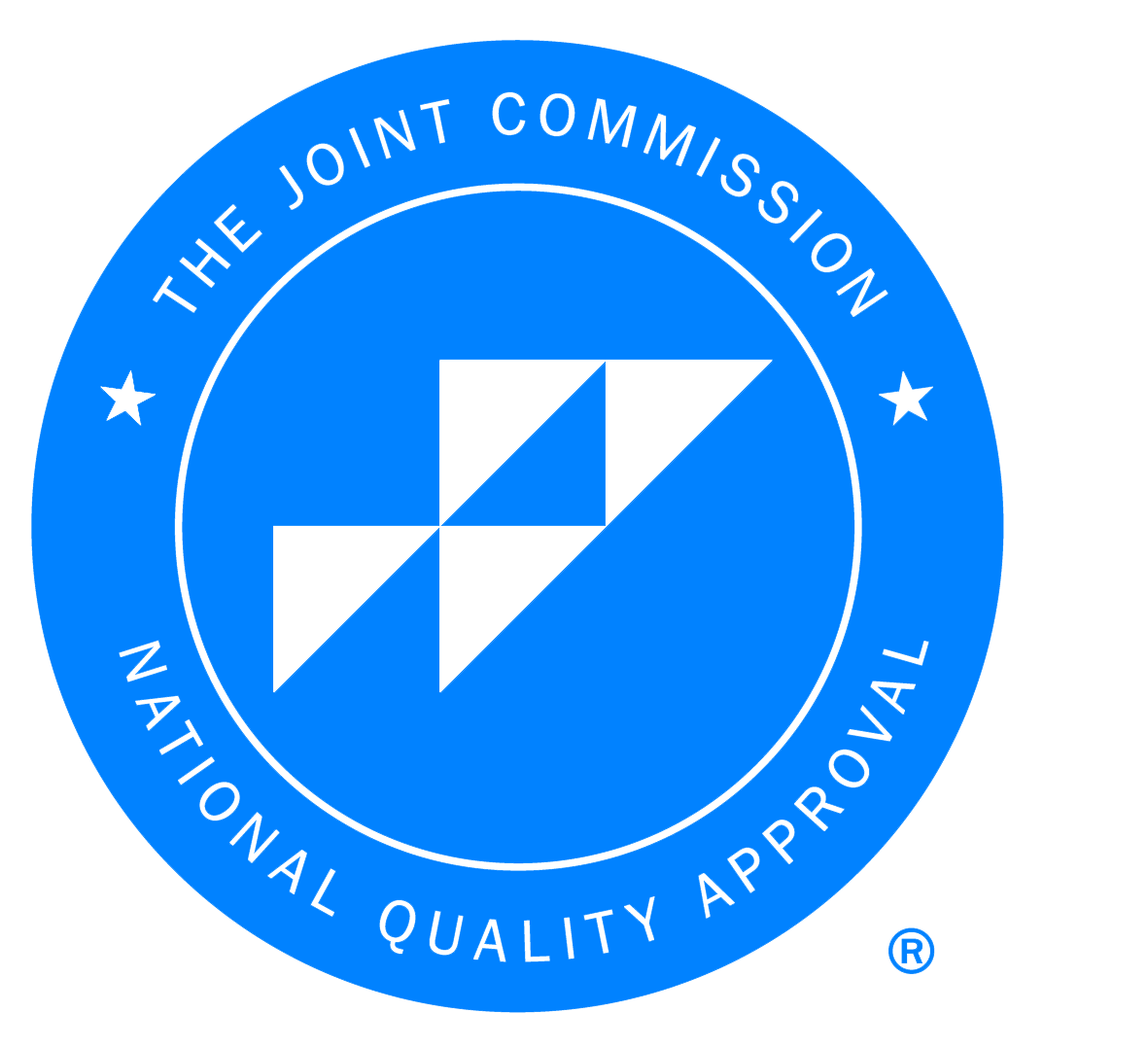Amphetamines Detox
What Is Amphetamine Addiction?
Amphetamine addiction refers to a condition where someone becomes dependent on amphetamines, a class of stimulant drugs that affect the central nervous system. These drugs are commonly used to treat medical conditions like attention deficit hyperactivity disorder (ADHD) and narcolepsy but are also misused for their euphoric effects. Over time, the continued use of amphetamines can lead to tolerance, where higher doses are needed to achieve the desired effects, and dependence, where users experience withdrawal symptoms when not using the drug. Amphetamine addiction can have severe consequences on physical health, mental well-being, relationships, and overall functioning. Treatment at New Life Recovery for addiction to amphetamines typically involves a combination of evidence-based and holistic therapies and sometimes medication to manage withdrawal symptoms.
What Are Different Types of Amphetamines?
Amphetamines are a class of synthetic stimulant drugs that impact the central nervous system. Common types include dextroamphetamine, utilized in medications like Adderall for ADHD and narcolepsy; methamphetamine, a potent and highly addictive substance often illicitly produced and abused for its euphoric effects; lisdexamfetamine, another medication prescribed for ADHD, marketed as Vyvanse; and amphetamine sulfate, found in prescription drugs for ADHD and weight loss.
What Does It Look Like?
Amphetamines can look different, from legal pills to illegal crystal forms like methamphetamine. Street drugs can be pills, powders, or crystals.
Who Uses It?
Amphetamines are medically prescribed for people with conditions like ADHD and narcolepsy and misused illicitly by those desiring stimulant effects. Recreational users may seek heightened energy, focus, or euphoria.
How Does It Make You Feel?
Amphetamines can make you feel more alert, energetic, and euphoric. People often notice improved focus, less tiredness, and increased self-assurance.
How Long Does the Feeling Last?
The effects of amphetamines can vary based on factors like the type of amphetamine, dosage, and individual response. These effects typically last several hours, gradually decreasing in intensity over time.
Is It Addictive?
Yes, amphetamines have a high potential for addiction. Continued use can lead to increased tolerance, dependence, and ultimately, addiction. Individuals may feel compelled to use amphetamines despite negative consequences, and quitting suddenly can trigger withdrawal symptoms. Both are indicative of addiction.
Is It Dangerous?
Yes, misuse of amphetamines can be hazardous. Illicit use, high doses, or prolonged use without medical oversight can have adverse health effects. These may include cardiovascular problems, high blood pressure, sleep disturbances, anxiety, paranoia, and, in severe cases, fatal overdose.
What Are The Long-term Effects of Using Amphetamines?
Extended use of amphetamines can lead to severe outcomes. Possible long-term effects include:
- Anxiety
- Paranoia, hallucinations, and aggressiveness
- Diminished cognitive abilities, memory, and focus
- Sleep disturbances and insomnia
- Weight loss
- Elevated heart rate
- Raised blood pressure
- Dry mouth, teeth grinding, and dental issues
- Dependency and addiction
It’s important to strictly adhere to prescription instructions and to immediately seek medical help if there are any concerns about prescription amphetamine use. Illicit consumption or self-medication with amphetamines can pose significant risks to both physical and mental health.
Signs & Symptoms of Amphetamine Abuse
The signs that someone is using amphetamines are physical, behavioral, and psychological. They include:
- Heightened energy and hyperactivity
- Weight loss from decreased appetite
- Trouble sleeping
- Restlessness and irritability
- Dilated pupils, regardless of light
- Rapid speech and excessive talkativeness
- Unstable and intense mood swings
- Increased distrust or suspicion
- Elevated heart rate and cardiovascular strain
- Excessive sweating without exertion
Benefits of Amphetamines Detox Program
Participating in an amphetamine detox program offers several advantages. Chief among these is undergoing medically supervised withdrawal in a secure and controlled setting, where professionals oversee and manage withdrawal symptoms. Additionally, benefits include breaking the physical dependence on amphetamines, improving cognitive function and clarity of thought, fostering motivation for long-term recovery, establishing stability for effective therapy, and preparing for comprehensive addiction treatment.
Where Can I Find Help, Treatment, and Support?
If you or someone you know is grappling with amphetamine abuse, assistance and support are available through various avenues. Seek help from healthcare providers, detox and addiction treatment centers such as New Life Recovery, therapists and counselors, support groups, or community meetings where individuals share their experiences. At New Life Recovery, we can guide you through the challenging initial stages of recovery and provide insights into what lies ahead.
How To Pay for Amphetamines Detox Program
Financial concerns shouldn’t deter you from seeking treatment for amphetamine addiction. There are numerous options that exist to make treatment accessible. Investing in addiction treatment is a decision you won’t regret. Reach out to one of New Life Recovery’s addiction professionals to explore your payment options for detox treatment.


